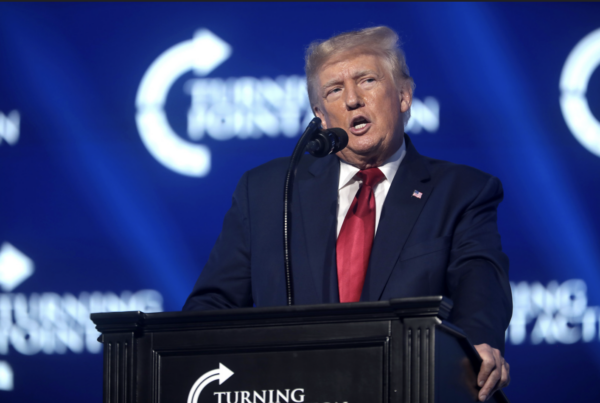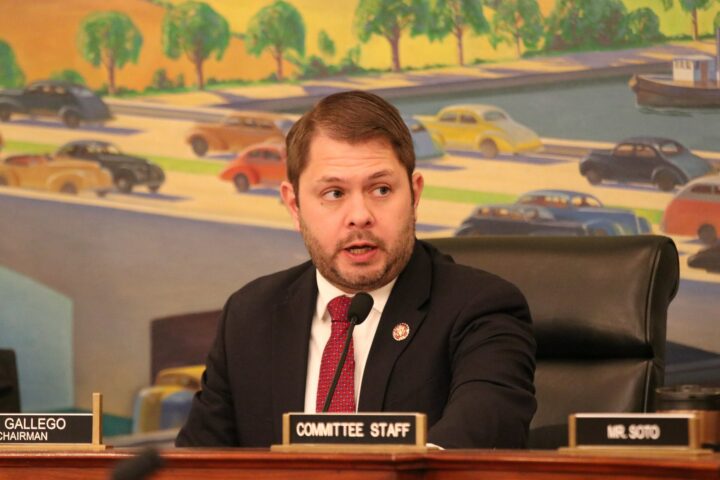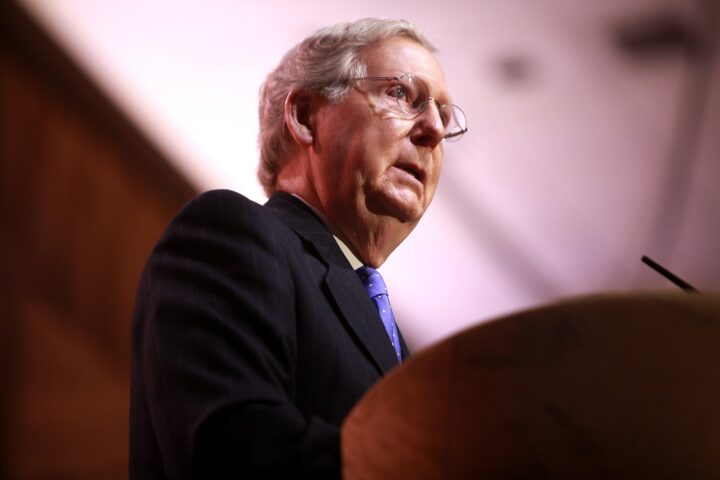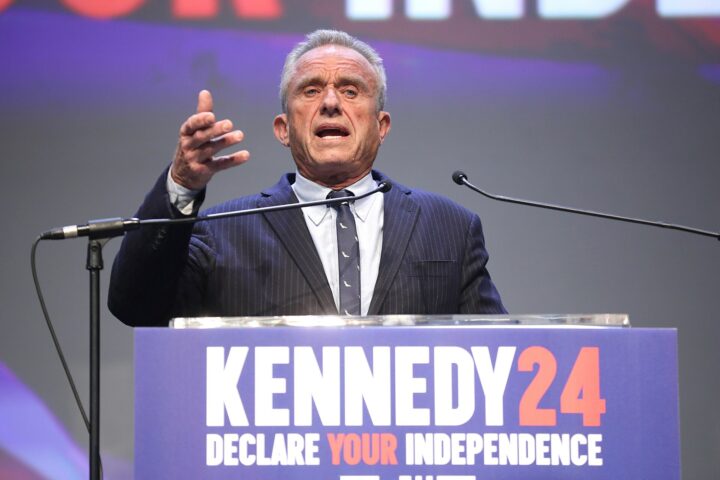In a request that has never been made before, President-elect Donald Trump reportedly requested the Supreme Court of the United States to postpone his impending sentencing in the criminal hush money case that was brought against him in New York. This request could grant immunity to future president-elects.
A payment of $130,000 to adult film actress Stormy Daniels, which Trump’s opponents claim was intended to support his 2016 campaign, would be the subject of months of courtroom disputes, and the sentencing that would take place on Friday would bring an end to those arguments.
“This Court should enter an immediate stay of further proceedings in the New York trial court to prevent grave injustice and harm to the institution of the Presidency and the operations of the federal government,” lawyers for Trump wrote in the new filing.
“This appeal will ultimately result in the dismissal of the District Attorney’s politically motivated prosecution that was flawed from the very beginning, centered around the wrongful actions and false claims of a disgraced, disbarred serial-liar former attorney, violated President Trump’s due process rights, and had no merit.” it continued.
Until all possible routes of presidential immunity have been explored, the legal team representing Donald Trump claimed that the state judge does not have the authority to impose punishment.
Following the decision of a New York appeals court to reject any postponement of the sentence scheduled for January 10, the defendant entered a plea.
Following his conviction in May on 34 counts of felony offenses related to the falsification of company records, President Trump is now requesting that the Supreme Court decide whether or not a president-elect is afforded “the same immunity as a sitting president.”
In the event that this one-of-a-kind argument is accepted, it has the potential to protect future presidents-elect from criminal culpability and to impose new restrictions on the definition of executive power.
[READ MORE: House GOP Passes Laken Riley Act]








